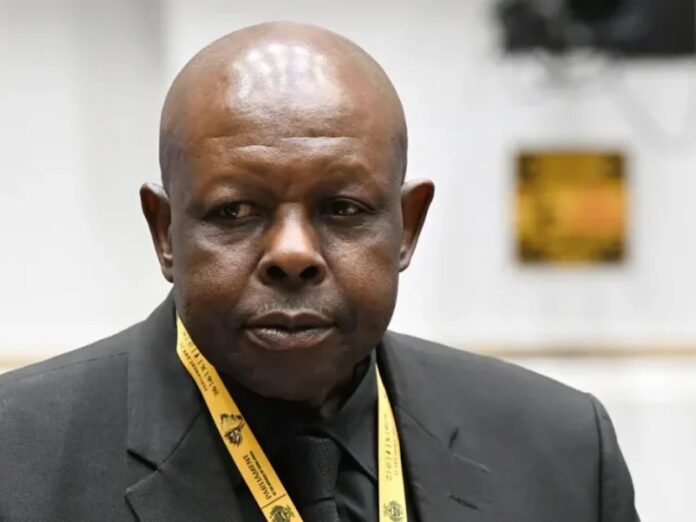Introduction
John Hlophe is a prominent figure in the South African legal system, known for his role as the Judge President of the Western Cape High Court. His career has been marked by significant legal rulings and controversies that have sparked debates surrounding judicial independence, ethics, and public trust in the legal system. Understanding his contributions and challenges is essential to grasp the current dynamics within South Africa’s judiciary.
Background
Born on December 23, 1961, in a small township in South Africa, Hlophe pursued a career in law, later becoming the first black Judge President of the Western Cape High Court in 2000. His appointment was a significant step toward transforming a historically racialized judiciary into one that is more representative of South Africa’s diverse population.
Controversies and Challenges
Despite his achievements, Hlophe’s career has not been without controversy. In 2008, he was accused of attempting to influence Constitutional Court judges in a case involving then-President Jacob Zuma. This incident led to a lengthy investigation by the Judicial Service Commission (JSC), which concluded with a recommendation for impeachment. The matter highlighted the challenges surrounding judicial accountability and the perception of impartiality among judges.
In recent developments, in October 2023, the JSC announced that it would hold another inquiry into Hlophe’s conduct amid ongoing public discussions regarding his past actions and their implications on the judiciary’s integrity. Legal experts and civil society organizations are closely monitoring these proceedings, with many arguing that they are essential for upholding the rule of law and restoring public confidence in the judicial system.
Current Relevance
As South Africa grapples with issues relating to governance, justice, and accountability, Hlophe’s situation serves as a critical case study on the balance between judicial independence and ethical conduct. His potential impeachment also raises questions regarding how legal systems can address breaches of ethics at high levels while ensuring that the judiciary remains a pillar of democracy.
Conclusion
In conclusion, John Hlophe’s role in South Africa’s legal system serves as a vivid illustration of the complexities involved in the judiciary’s functioning. The ongoing inquiries and discussions surrounding his tenure as Judge President will likely shape perceptions of judicial integrity for years to come. For readers, keeping informed about these developments is crucial, as they not only affect the legal community but also have broader implications for governance and public trust in South Africa.

